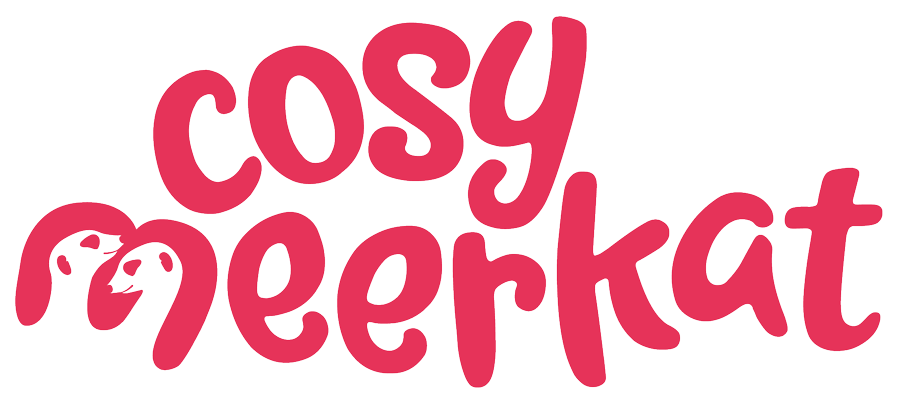Life (and internal comms) lessons from the world of improv comedy
It’s fascinating and puzzling to think about how many organisations are still dominated by ‘corporate speak’, especially when we know that it can be confusing, isolating and just plain boring. When looking at what internal communications teams have on their to-do list, including the need to support culture, belonging, and communicate change, it feels like we have a real problem.
These are all areas highlighted in the latest State of the Sector report from Gallagher, which also states that only 45% of internal comms professionals feel able to influence what gets communicated, and only 35% feel empowered to inject some personality into their communications. Is this why we default back to the traditional ‘corporate speak’? Even when we know that colleagues are crying out to be spoken to like human beings - with authenticity, sincerity, and at times, a sense of humour? Sure, sometimes formality is needed, but there has to be a middle ground, and internal communications teams should feel confident in advising and shaping how this comes together in the best way.
Last year, I went on a course to learn about improvised (improv) comedy which is a form of live theatre where the performance is completely unplanned and made up on the spot. I was expecting to feel challenged and inspired, and I was also hoping to have a bit of fun (it was totally unrelated to work!). The course ticked all these boxes, and I also ended up learning loads about creativity, dealing with uncertainty and relating to people. All valuable lessons that can be applied to our sector, especially if you’re trying to make a shift towards more authentic, human and relatable communications. Here’s a snapshot of highlights that you might find helpful if you’re in need of humanising your internal comms.
Practise being present instead of trying to be funny…
Or clever. If you try too hard to be ‘human’, ‘authentic’, ‘funny’, or ‘clever’ then there’s a good chance that you’ll get stuck in your own head and the message won’t land. Audiences - whether they’re watching a comedy show, or they’re an employee reading a message from their CEO - will spot this a mile off.
It’s much more important to focus on what’s happening - being as present as you possibly can. Being smack bang in the middle of the moment will mean you’re less likely to miss the important stuff… less likely to miss the magic. And, you’re more likely to notice what’s going on with the people around you and be better placed to connect with them.
Yes and…
The basic principle of improv is the beautifully simple, ‘Yes and…’. In short, this means that when someone in the scene states something, for example, ‘It’s so hot today…’ you accept it as the truth with a, ‘yes’ and build on it, ‘... and it’s the perfect weather for ice cream - let’s go get some’. This is the only way that a scene will work. If people disagree with each other’s truths, everything falls apart.
This kind of trust and belief in the other person’s truth creates space for ideas, relationships and stories to develop.
It’s not about blindly saying yes and going along with what’s already in place, or never questioning things. It’s about saying, ‘I see you, where you are and I believe you. And here’s how we can move forward.’ This can be such a useful approach to take when tackling complex challenges, engaging with employees, and engaging with senior stakeholders - especially if you’re trying to make a shift in how your organisation communicates, or you have a complex change communications program to contend with.
Believe the best in people, and do your best to make them look good
‘If you treat everyone like they’re a poet or a genius, then they probably are’. This was a lovely quote our improv teacher, the brilliant Chris Mead, shared with us. For me, this was an important reminder of how powerful our own thoughts and opinions are when we’re perceiving what’s going on around us. And, about how when dealing with challenging situations, the attitude we bring with us can dramatically shape how things go. Same goes for internal communications. If we are able to really place ourselves in our audience's shoes, want the best for them, and want to truly help them to understand something, we’re more likely to be able to articulate challenging messages more effectively and more authentically.
Give us a shout if you’d like to chat more about creativity and internal communications.
And, if you want to find out more about the wonderful world of improv comedy, I highly recommend checking out Chris Mead - a fantastic improviser and teacher.
